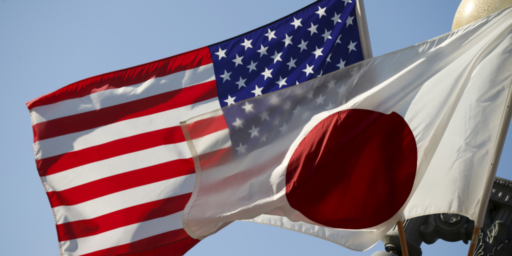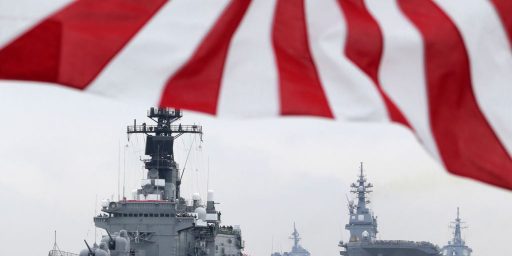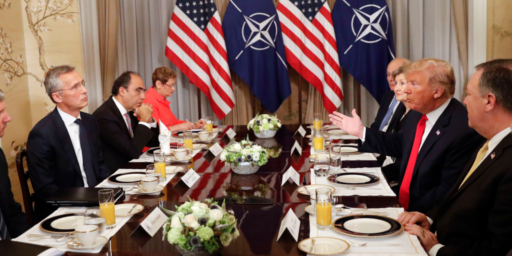IRAQ IN PERSPECTIVE
Michael Barone makes a good case that the press, lacking any sense of history, has done a poor job of reporting the aftermath in Iraq.
Margaret Mac- Millan’s Paris 1919 shows how the Allied leaders who gathered at the peace conference in Paris were largely clueless about how to reconstruct the defeated nations after World War I. Jean Edward Smith’s biography of Gen. Lucius Clay reveals that the first time he read the government’s plans for post-World War II Germany was on the flight over there to take charge. William Manchester’s American Caesar shows that Douglas MacArthur, however knowledgeable about the Far East, did not have clear ideas on how to rule postwar Japan. Clay and MacArthur improvised, learned from experience, made mistakes, and corrected them, adjusted to circumstances. It took time: West Germany did not have federal elections until 1949, four years after surrender; the peace treaty with Japan was not signed until 1951.
Aside from relying on a rather discredited (although beautifully-written) MacArthur bio, good points.
Today’s media have a zero-defect standard: the Bush administration should have anticipated every eventuality and made detailed plans for every contingency. This is silly. A good second-grade teacher arrives in class with a lesson plan but adapts and adjusts to pupils’ responses and the classroom atmosphere. A good occupying power does the same thing.
<..>
The media also have the wrong standard for what is news. It is news when there is a fatal accident at Disneyland and not news when there is not. But Iraq is not Disneyland. In a country that is occupied after decades of a brutal dictatorship, good news is news. Yet with only a few exceptions–see Michael Gordon’s story in the New York Times on the 101st Airborne in northern Iraq–the good news is not being told. More than 6,000 Iraqi civil affairs units–local governments–have been set up. Hospitals have been reopened. A court system has been set up. Mistakes, inevitable in a chaotic world, are being corrected: A Baathist leader put in charge in Najaf was soon removed.
<...>
Nor do the two bombings of August prove we need many more U.S. or foreign troops. Terrorist bombings are not statistical events that can be prevented by statistically proportionate responses. That was the mistake of Lyndon Johnson and his military advisers who believed that some larger number of U.S. troops–no one was sure how many–would defeat the Communists in Vietnam. The plan must be to turn over the task of preventing criminal and terrorist violence to the Iraqis, and that is what the Pentagon and other agencies planned for in the months leading up to the war.
The plans have been adapted in response to events and circumstances, as they should be, and things are proceeding much more rapidly than they did in Germany or Japan: A new currency will be introduced October 1; the governing council has been appointed and is setting in motion a constitutional convention; and a civil defense corps of 15,000 Iraqi recruits should be in place by December. Put in historic perspective, the good things that are happening in Iraq are impressive, even if old media think they are no more newsworthy than an accident-free day at Disneyland.
Indeed. Clearly, there are things that could have been done better. But one wonders how we’d have handled the post-WWII rebuilding process if we had the Internet and 24-hour TV news channels.






In regards to seeing Iraq in perspective you may be interested in some posts on my blog.
These posts are a collection of comments and information that has been gathered from soldiers of the 4th I.D. and passed on by their families.
There is most definitely a discrepancy between the media version and what these brave people have to say. This will be near daily updated info that is current from the war in Iraq as provided to me by a very concerned citizen.
—